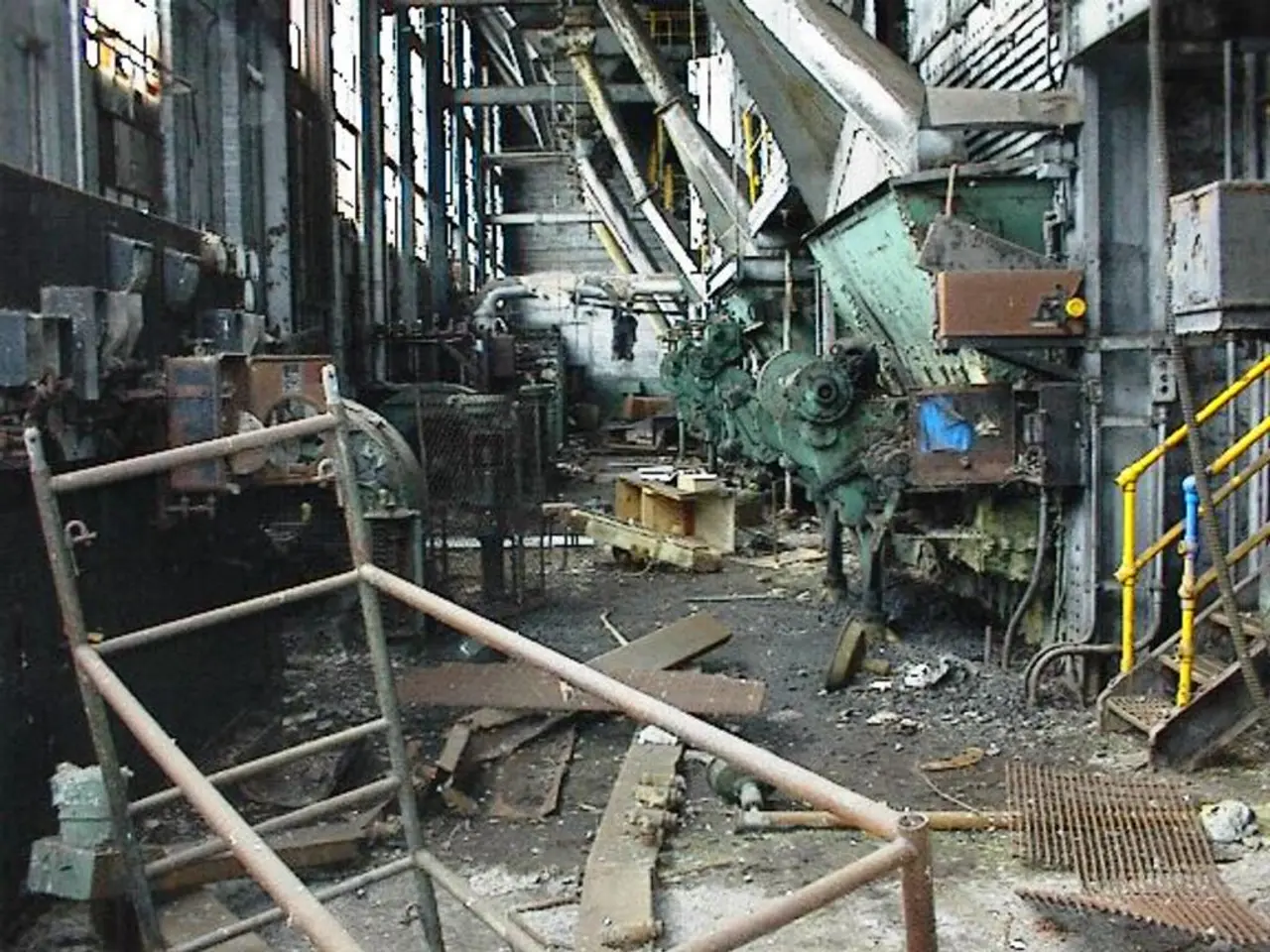"Competition has resulted in setbacks for German businesses"
Webasto Faces Challenges in Neubrandenburg as Automotive Industry Evolves
In a recent employee event, a senior executive at Webasto, a German automotive components manufacturer, bid farewell to their colleagues and addressed operational topics. The executive, who is retiring at the age of 64, has spent a significant portion of their career in Neubrandenburg, a city in the eastern part of Germany.
The event comes amidst a difficult period for the company, with a staff reduction at the Neubrandenburg plant and the automotive industry experiencing a significant drop in orders due to excess capacity and decreased demand. The decline in business with Chinese customers, shifts in industry trends, weaknesses in the global automotive market, and company-specific challenges are some of the factors contributing to these difficulties.
Despite the challenging circumstances, the outgoing executive believes that gathering the team for clarity was the right decision. They expressed a sense of nostalgia about ending their time at the enterprise but are optimistic about the future of Neubrandenburg, despite political and economic uncertainties.
The executive has announced plans to use their experience to help other companies in their transformation and generate attention for the industry. They will take on roles as a board member in the REFA professional association, chairman of the board of the "automotive mv" association, and have already started a state industry conference with fifty industry representatives.
Webasto has made efforts to provide the best possible conditions for affected employees, offering social plans and transfer companies. The company's current challenge, according to the executive, is a company being perceived as in a difficult situation.
Interestingly, both the outgoing executive and their successor hail from East Germany, a testament to the potential for East German talent in West German corporations. However, the executive believes that historical differences, educational structures, corporate cultures, and lingering stereotypes and prejudices make it difficult for East German executives to climb the ranks in West German corporations.
At present, Webasto is finding it difficult to fill positions in Neubrandenburg. This is not an uncommon issue in the industry, with overall capacity utilization among automotive suppliers currently 20 to 30 percent below initial plans.
As the automotive industry continues to evolve, with a shift towards electromobility expected to be a significant growth area, companies like Webasto will need to adapt to remain competitive. The outgoing executive, while expressing a sense of sadness about leaving, remains optimistic about the future and the role they can play in helping other companies navigate these changes.
- The outgoing executive at Webasto, following their retirement, plans to use their industry experience to help other companies in their transformation and generate attention for the business sector.
- In addition to his role at Webasto, the executive has announced plans to serve as a board member in the REFA professional association, chairman of the board of the "automotive mv" association, and initiate a state industry conference with fifty industry representatives.
- Webasto, amidst the ongoing difficulties in the automotive industry, is facing challenges in filling positions in Neubrandenburg, mirroring a common issue among automotive suppliers with overall capacity utilization currently 20 to 30 percent below initial plans.
- While the executive believes that historical differences, educational structures, corporate cultures, and lingering stereotypes and prejudices make it difficult for East German executives to climb the ranks in West German corporations, they have found that both the outgoing executive and their successor hail from East Germany, a testament to the potential for East German talent in West German corporations.




